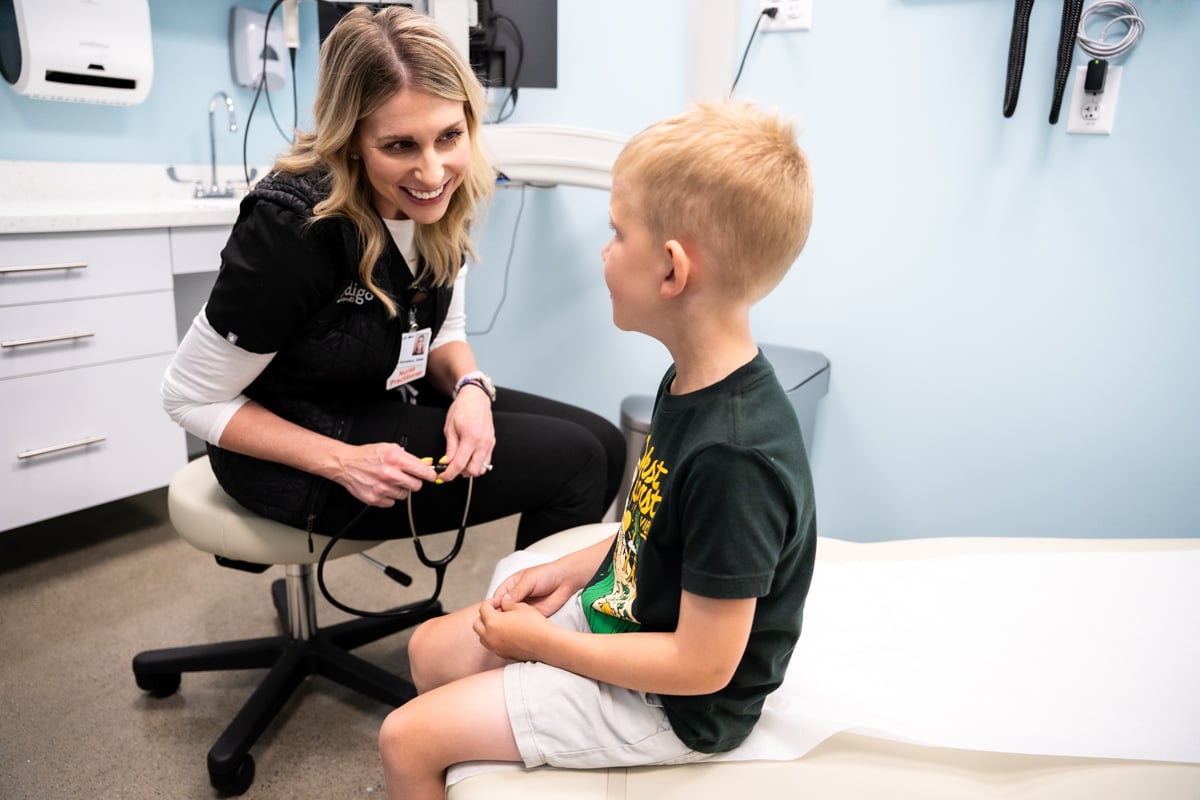We probably don’t need to remind you that it’s been three years since the onset of the COVID pandemic. If you feel like you’re in a real-life Groundhog Day time warp at this point, it’s not your imagination.
That’s right. Yet another new COVID strain is making waves, and health experts say this one’s a beast. According to the World Health Organization (WHO), the XBB1.5 variant dubbed the “Kraken,” is the most contagious COVID strain to date.
How is the new COVID variant different?
When it comes to viruses, variants are just part of the deal. As COVID-19 has evolved, it’s yielded several strains, including Alpha, Beta, Delta and Omicron.
Health experts are still trying to sort out the latest version of COVID, but what they do know is that Kraken spreads a whole lot faster than earlier strains. In December, Kraken accounted for just 4 percent of COVID cases in the U.S. By the second week of January, the number was 43 percent, and rates are expected to continue to climb.
If you want to geek out on the numbers, the Centers for Disease Control and Prevention has a nifty COVID data tracker. You can also check COVID surges by county.
What makes this variant more contagious?
Health experts believe Kraken is the result of the merging of two Omicron variants. According to researchers at John Hopkins, the variant has stronger binding capabilities to target the host receptor. Translated for normal humans, that means this new variant can more easily sneak past the body’s immune system, which makes it highly transmissible. That’s not great news for those of you lucky enough to avoid COVID up until now. And even if you’ve been infected with the earlier Omicron variant, you’re probably susceptible to reinfection with this latest strain.
There are other reasons the Kraken is spreading so quickly. Fewer people are wearing masks and social distancing. And compared with 2020-21, a whole lot more people got together or traveled for the recent holidays. That all adds up to a more people getting sick, and quickly. Kraken now makes up the highest percentage of COVID cases in the U.S.
Infectious disease experts do offer some good news about the new strain. There is no evidence that Kraken causes more severe illness than other COVID variants. And the same tools we’ve had to battle COVID infection and illness are still effective.
Who is most at risk?
Because the Kraken is highly contagious, everyone is at risk for contracting the new variant. Yet, the CDC says it poses a low health risk to the general public.
As with previous COVID variants, certain vulnerable populations are at higher risk for serious illness and hospitalization, including:
- Older adults.
- Unvaccinated individuals.
- People with compromised immune systems.
What are the symptoms of the new variant?
The onset on Kraken and its symptoms seem to be about the same as previous variants.
- Symptoms can range from mild to severe depending on vaccination status, age and underlying health conditions.
- It can take 2 to 14 after exposure for symptoms to appear.
- You are considered contagious 1 to 2 days before symptoms begin, and you are still contagious for at least 2 to 3 days after the onset of symptoms.
Possible Kraken symptoms include:
- Fever or chills
- Cough
- Shortness of breath or difficulty breathing
- Fatigue
- Muscle or body aches
- Headache
- New loss of taste or smell
- Sore throat
- Congestion or runny nose
- Nausea or vomiting
- Diarrhea
What precautions can I take to avoid getting the new variant?
The Kraken strain might be new, but the steps to protect yourself and others from COVID-19 remain the same:
- Get vaccinated and stay up to date on the latest boosters. It may be easier to get infected with the Kraken, but the updated bivalent booster is shown to be effective in protecting against severe disease and helps prevent hospitalization.
- Avoid crowded spaces, especially indoor venues.
- Wash your hands correctly and frequently.
- Consider wearing a mask, especially if you’re at high risk of getting the virus.
If I get the new COVID strain, when should I seek medical attention?
If you're experiencing COVID symptoms or have recently been exposed to the virus, it’s important to get tested, regardless of your vaccination status.
Indigo can help.
Visit one of our convenient neighborhood locations or schedule a face-to-face online visit. One of our friendly providers will get you evaluated, tested and on your way with a custom treatment plan and same-day results.
For more helpful information about COVID-19 testing, visit indigohealth.com.
Severe COVID-19 symptoms call for fast action. If you or a loved one show any of the following signs, seek care at your nearest emergency room right away:
- Trouble breathing
- Chest pain or pressure that doesn’t go away
- New confusion
- Inability to wake up or stay awake
- Pale, gray or blue-colored lips, skin or nail beds.


